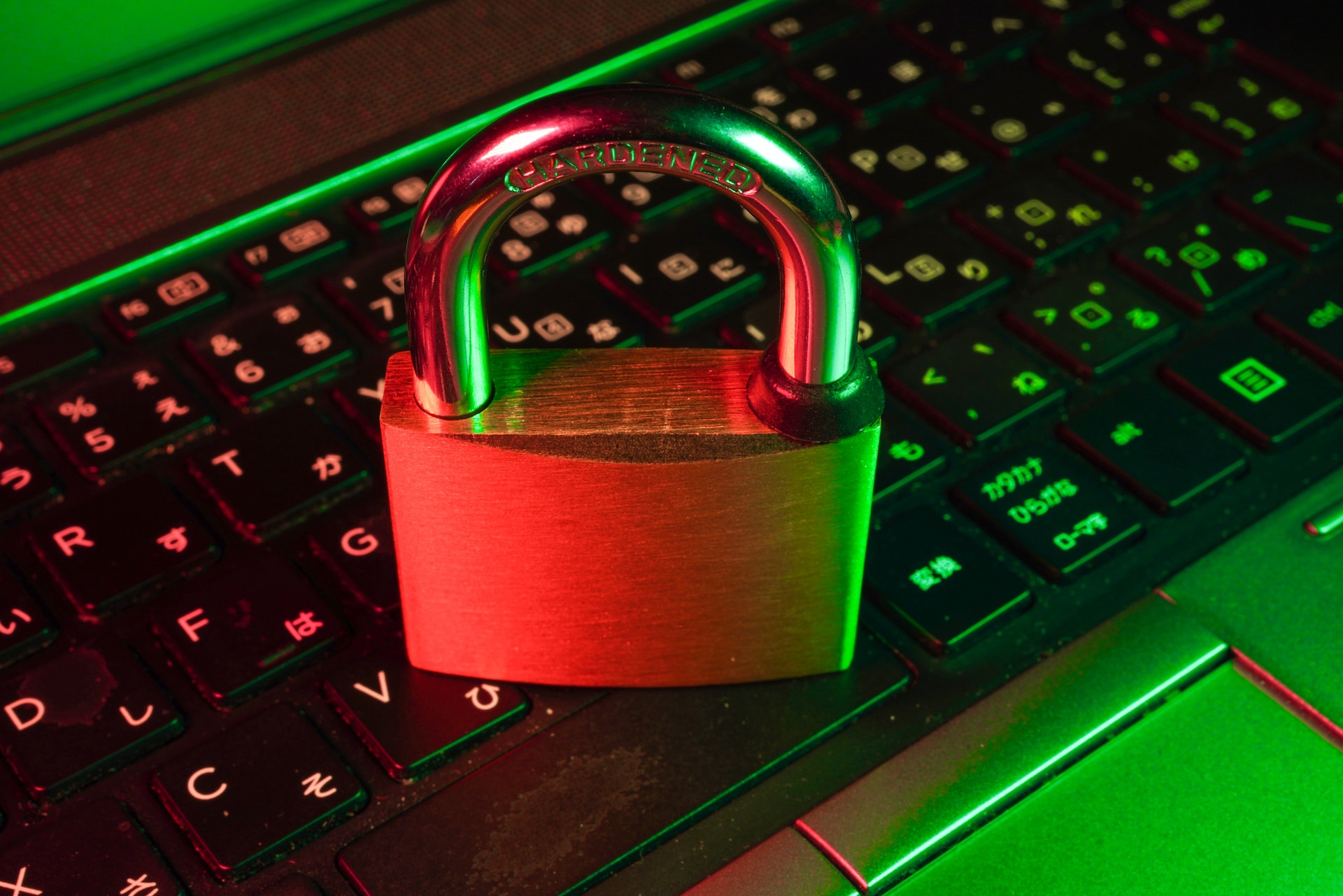Building Digital Trust for the Average Consumer
Privacy and protection of personal data is now becoming an increasing concern. This is primarily due to the increasing use of digital apps and tools to bring efficiencies in operations and delivery of services in governments and also in bringing productivity and cost efficiency in businesses.
Digitalization has surged significantly amid the pandemic. Use of digital apps and tools is not only used for interacting, but is increasingly used to buy and pay for goods and services.
Amid the pandemic, use of payment apps skyrocketed due to fears of contracting the COVID-19 virus when dealing with physical money. This change in habit has stuck post the slowdown in COVID-19 restrictions. Now it is a common sight wherein most businesses—even smaller ones—are preferring to accept payments via digital apps.
Since businesses are now increasingly interacting with their customers using various digital touchpoints, this is creating a wealth of customer data. This is both a boon and a curse for governments and businesses.
Data Protection
Data is the new oil. There are millions of data points being generated every second in the world today. This signifies that companies now have a far greater opportunity to learn more about their target customers and implement their feedback to better their products and solutions.
But the generation of large amounts of data also puts greater responsibility on companies to protect it from being misused. Companies are now being actively targeted by hackers for customers’ data. Those companies that lack a robust security system are failing to protect their customer data.
In a recent large cyberattack on a telecom company T-Mobile, personal information of around 50 million existing customers were stolen. This included sensitive customer information such as social security numbers and customer addresses.
These attacks can get more sinister when it is against critical infrastructure such as water, energy and a country’s defense system. In August 2022, hackers attacked South Staffordshire Water Company threatening to tamper with the water supplied by the company. Hackers from the Russian hacktivist group called the People’s Cyber Army, disrupted online services of the Ukrainian state nuclear power company, taking the website down for a few hours. Three Chinese hacking groups attacked the Belgian government’s public services and military defense, stealing trade secrets and intelligence information in July 2022.
According to cybersecurity consulting company KuppingerCole, “the number of cyberattacks will continue to increase in 2023. The costs of cyberattacks will also increase due to several factors: worldwide inflation, energy crisis, geopolitical conflicts, and expansion of the organizations’ attack surfaces.”
Challenges Ahead
Companies, post-pandemic have a lot to deal with. They will need to effectively strategize and develop robust cybersecurity systems to address the growing issue around cyberattacks.
The best place for companies to start is by acknowledging that customers are not aware and need to be made aware of cyber habits that are safe. Companies need to also drive campaigns that assure customers that their data is secure and protected. These awareness campaigns need to form the core of most marketing efforts.
Spending on cybersecurity needs to increase. Boards and senior company executives cannot ignore or overlook the need to strengthen their cybersecurity measures by implementing robust software and anti-hacking tools in each of their customer touchpoints.
They can also look to partner with cybersecurity experts who can help companies realize their cybersecurity plans. Cyber-resiliency cannot be brought about by only spending, but also a mindset change among the senior leadership in the company. They will need to ensure that at least one of the board members should be a cyber expert and equal precedence be given to him/her as marketing, sales, legal or sustainability experts.
In parallel to this, companies will need to develop cyber hygiene behavior among its employees. Awareness and training around best cyber practices need to become a norm in all companies. Companies need to also strengthen their in-house cyber experts who are also trained to minimize cyber incidents while managing it effectively when and if it happens.
Trust is Important
We are also seeing an increasing trend towards data protection initiatives being driven by governments and companies. New regulations such as the General Data Protection Regulation (GDPR) is being implemented across the world.
Countries that are imposing GDPR rules on businesses are having a positive effect on customers. It is certainly building a high level of trust among customers to interact with businesses.
A survey by McKinsey reveals that about half the customers are more likely to trust a company that only asks for information relevant to its products and is also quick to react to hacks and breaches.
Moving forward businesses will need to give increased impetus towards protection and safeguard of customer’s personal information if they are to remain competitive.
Photo Caption: Keeping customer data safe is now top of agenda for businesses.



